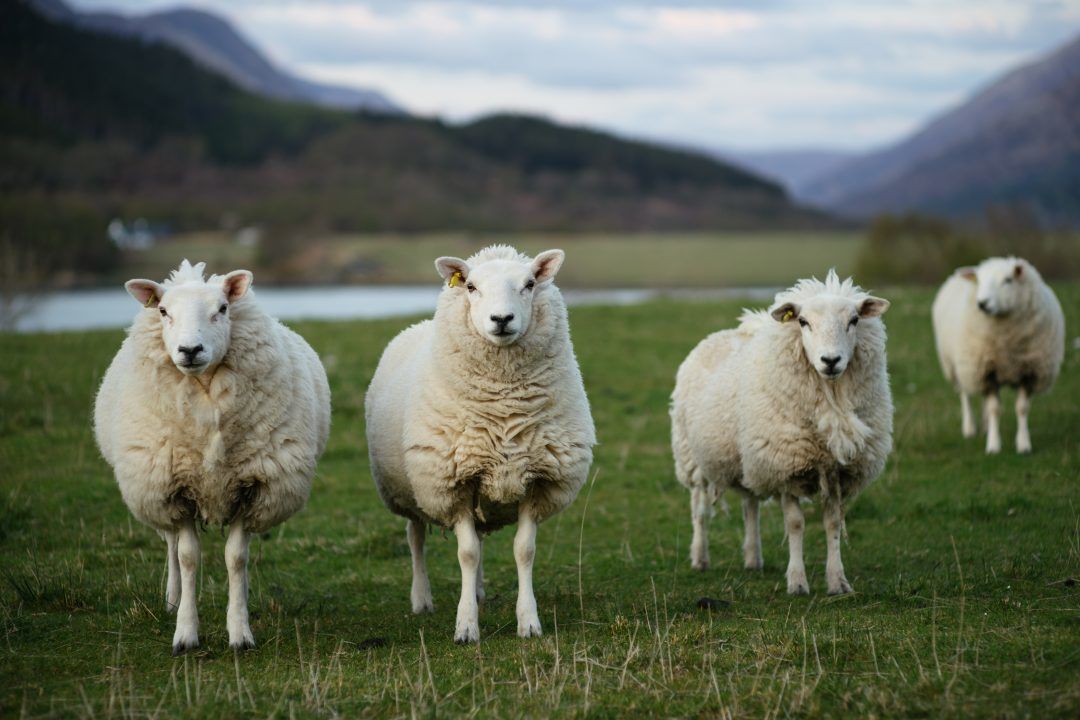Farm holidays have been proven to bolster Scotland’s rural economy and encourage equal job roles for men and woman, a new report has shown.
Agritourism is when tourists stay in the countryside with people local to the area, such as on farms or crofts.
In recent years, particularly during the pandemic, it has become a growing travel trend with visitors seeking out authentic rural experiences that connect them to nature and local food sources.
An increasing number of farms, crofts and estates have developed their operations to attract visitors, including offering seasonal events such as lambing sessions and pumpkin festivals.
The 2021 Scottish Agritourism Tracker, which was carried out to better understand the sector’s value and potential, found farm holidays play an important role in boosting the rural economy.
They create and maintain rural jobs, support family employment and provide inclusive jobs for both men and women across various ages and skill levels, the tracker found.
The research was done in June last year and the findings are based on responses from 179 farms, two thirds of which are actively involved in agritourism, with one third considering it.
Other key highlights from the tracker showed agritourism adds value to farm produce by selling directly to visitors, helping lower food miles and raise the profile of quality Scottish food and drink on farms in Scotland.
The majority of respondents expressed a desire to promote their own and local produce by either offering eating options on site now or are considering doing so in the future.
The tracker also found farms with retail on site had more female directors and business partners than farm-only businesses.
Farm tours and accommodation were the most common activities for visitors, which is set to grow across the sector, with many respondents adding experiences such as glamping to their offering within the next three years.
Rural Affairs Secretary Mairi Gougeon said the industry is important for helping people understand the role of farming and food production, and has an increasing part to play in Scotland being a Good Food Nation – a campaign to ensure that reliable access to nutritious, locally sourced, locally produced, good quality food is a practical everyday reality for everyone in Scotland.
“It is very encouraging to see the promising results of this baseline survey, particularly as the survey returns provide some very positive indications of growth potential and the extent to which farm, croft businesses and estates can exploit the opportunities available to them,” she said.
A new industry strategy designed to galvanise the country’s agriculture and tourism sectors was launched by Gougeon at the Scottish Agritourism Conference in November last year.
Scottish Agritourism 2030 – The Strategy for Sustainable Growth aims to sustainably develop the rural economy, protect family farms for future generations, build consumer awareness and loyalty towards local produce and celebrate the history and heritage of these Scottish communities.
Findings from the Scottish Agritourism tracker suggest that if the strategy targets are achieved, the combined value of agritourism and farm retail in 2030 would be around a quarter of a billion pounds and support almost 10,000 full time jobs.
Rob Dickson, of VisitScotland – which carried out the Scottish Agritourism Tracker, said the sector’s future growth and development offers “huge potential” for both agriculture and tourism.
“From fruit picking to farm stays, adventure sports to lambing experiences, we know that agritourism is a trend that is here to stay,” he said.
Follow STV News on WhatsApp
Scan the QR code on your mobile device for all the latest news from around the country


 iStock
iStock
























